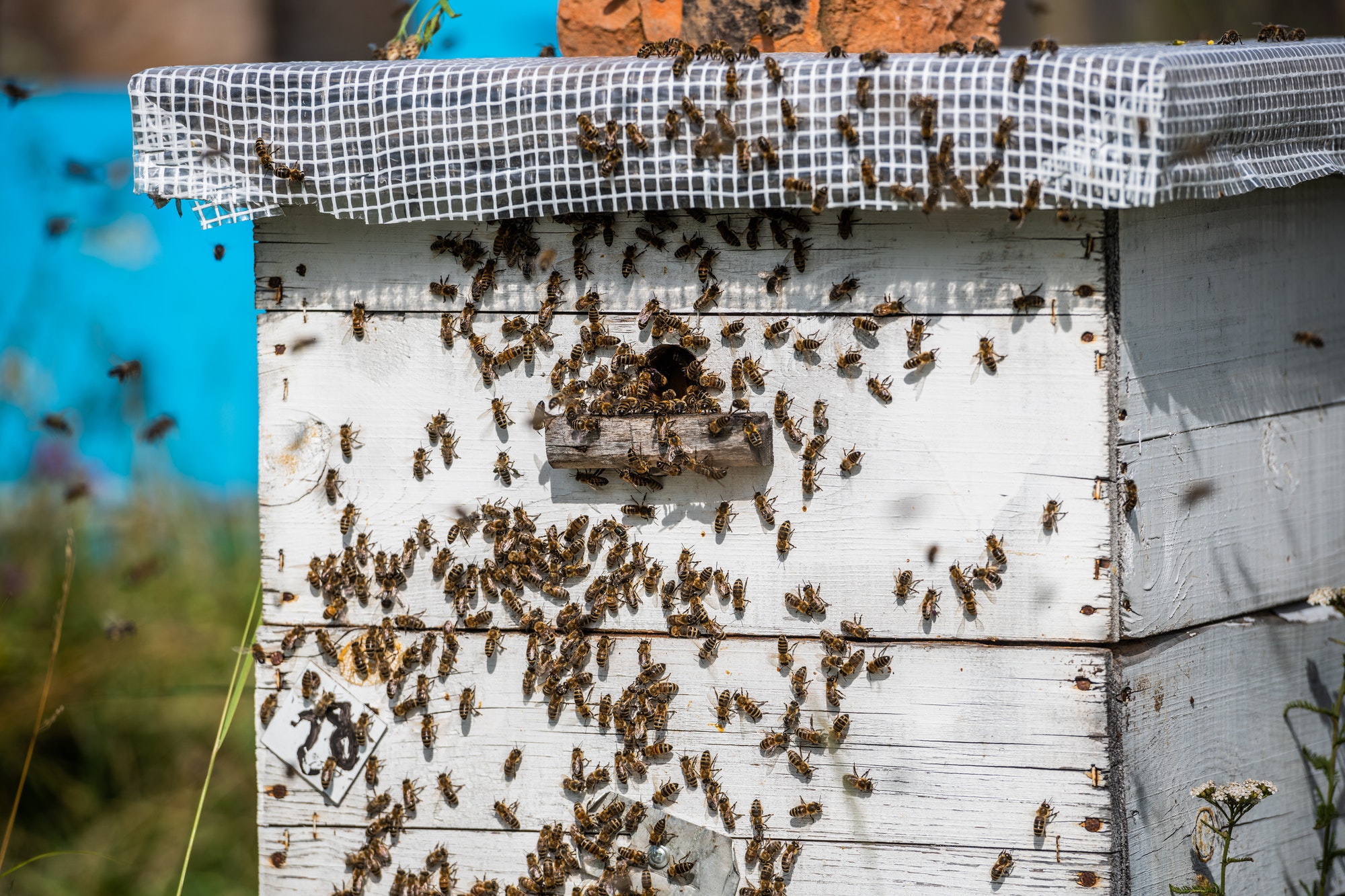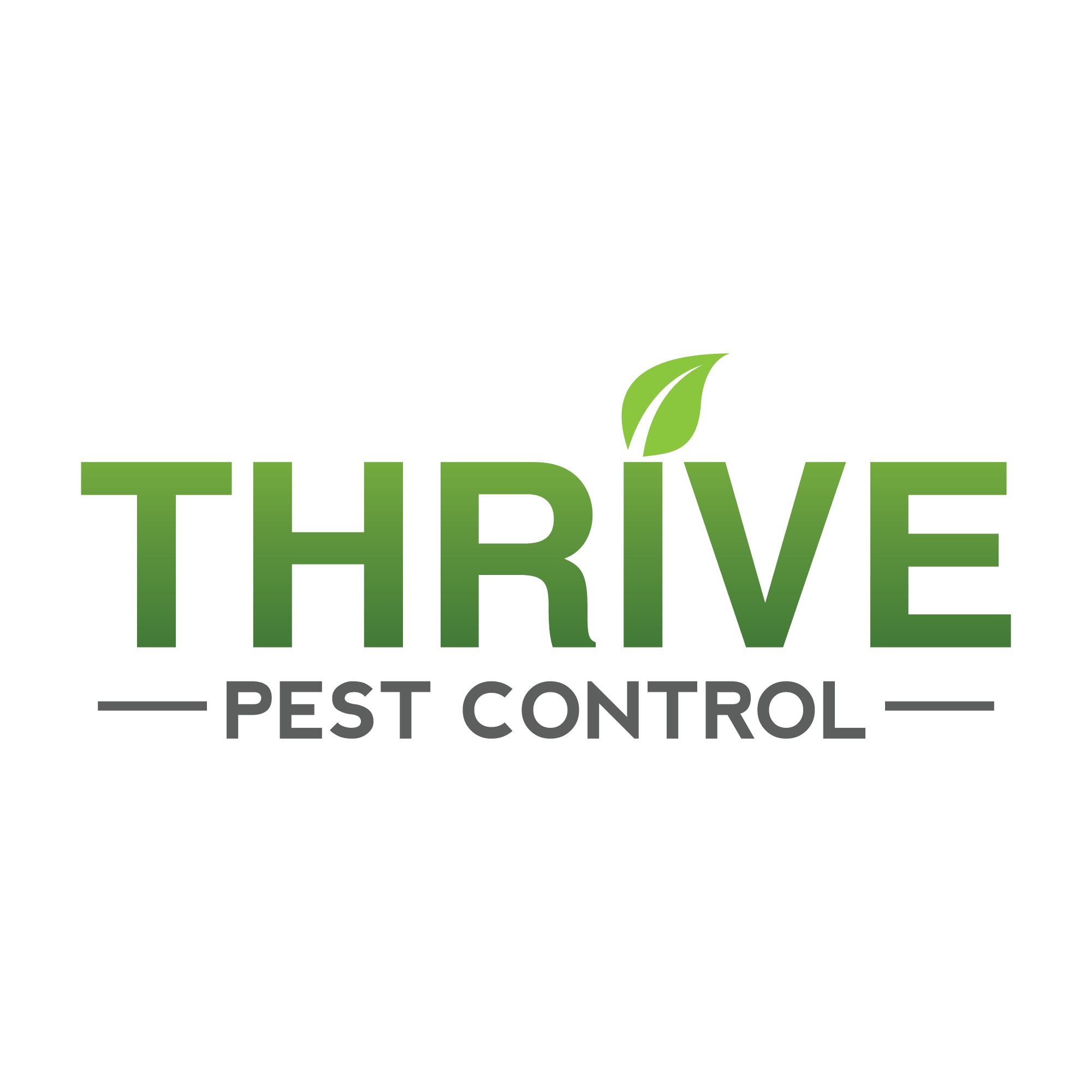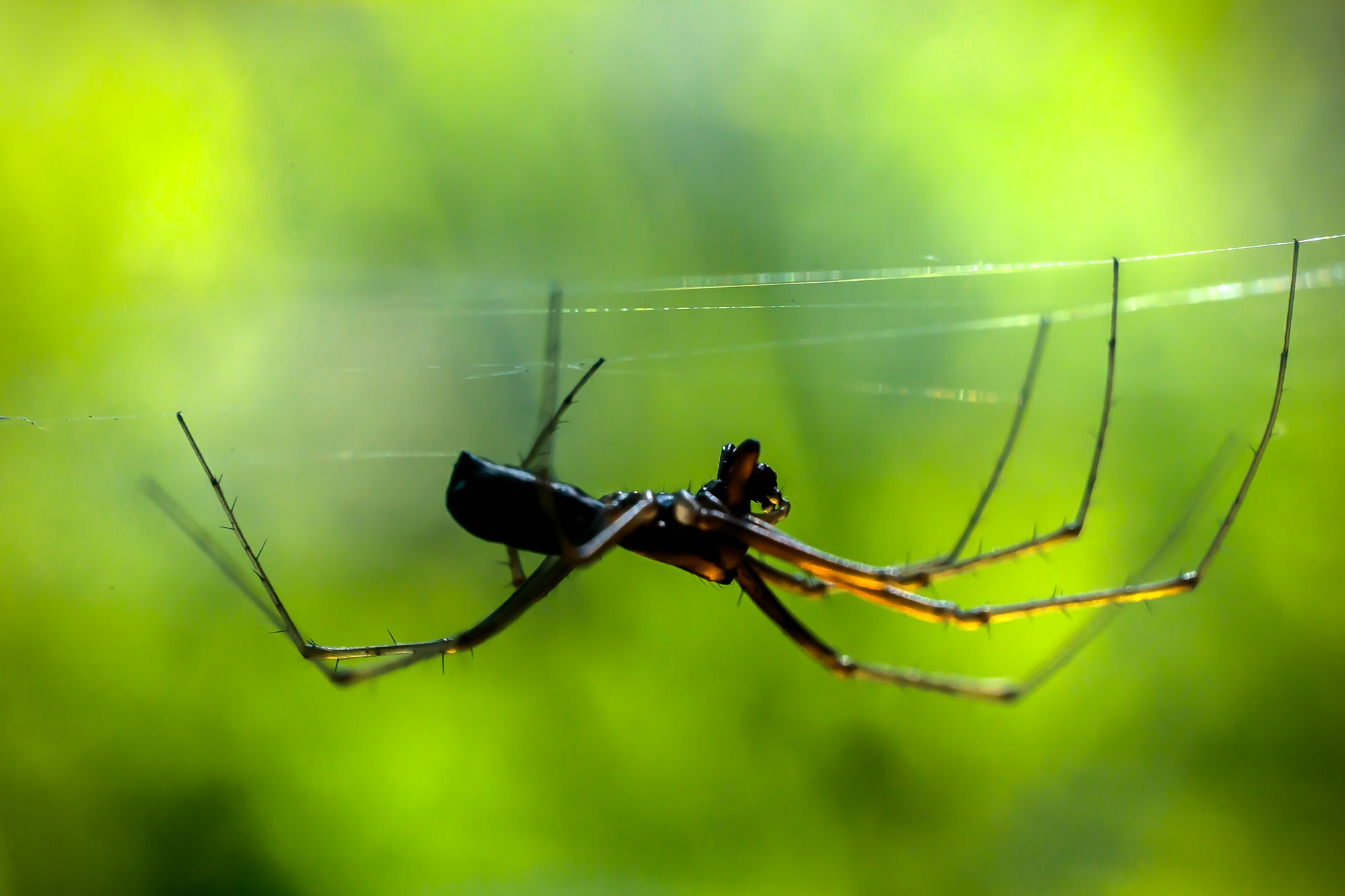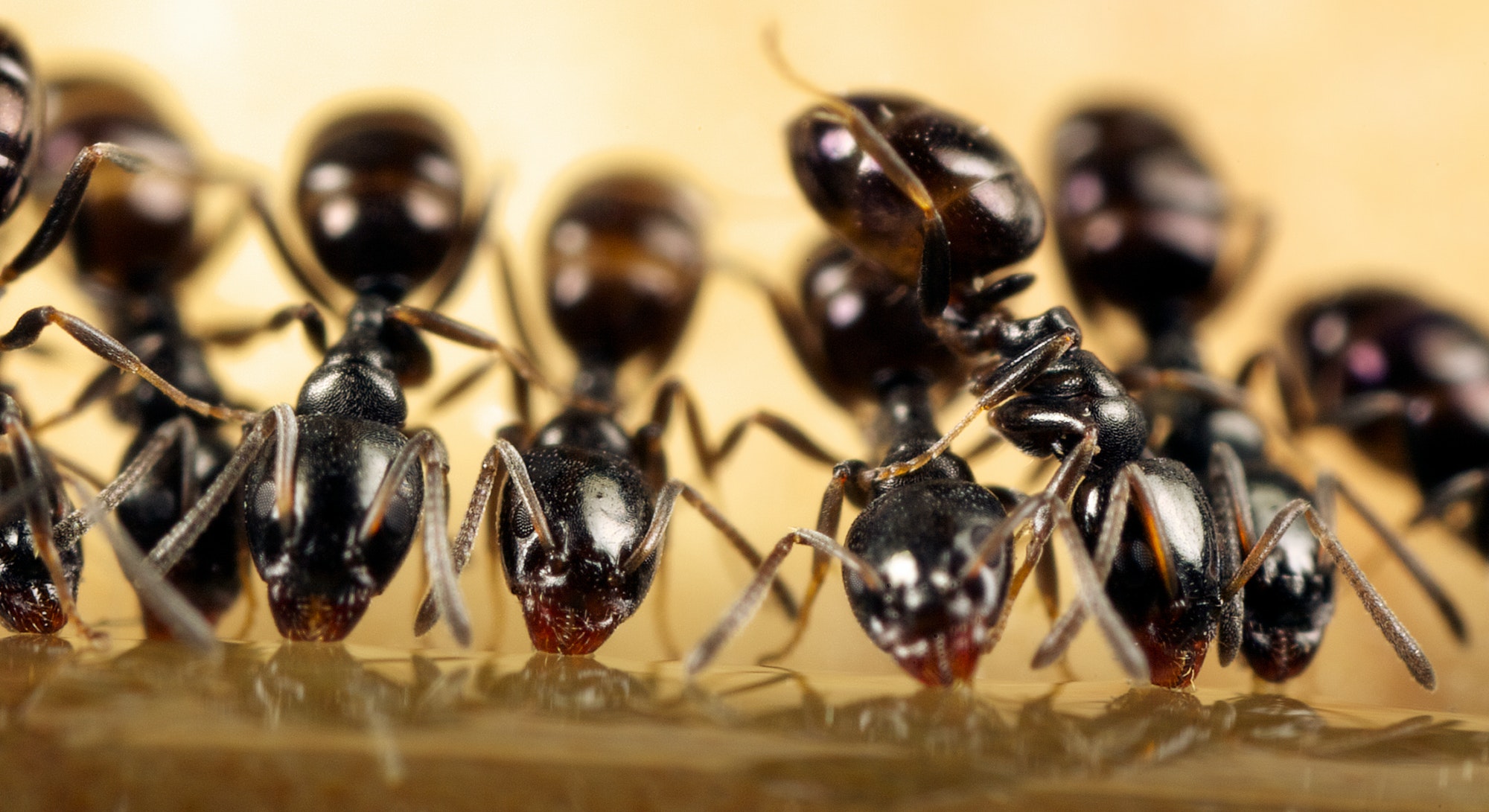Why Bees Are Important For The Ecosystem?
About three-fourths to an inch of a creature, how important could they bee? The answer is – tremendously important. Bees, although seem insignificant to many, are surprisingly beneficial to many species including many animals as well as humans.
Ecosystems have several layers to it, from primary to tertiary sources, and often times we might think that the topmost creatures are the most important, but this is not quite true. The most important of all creatures in any ecosystem are the pollinators.
Pollinators are animals that travel from one plant to another, carrying its pollen, hence influencing pollination and generating new vegetation. Even though there are other pollinators in the environment, bees are the most popular and common amongst all.
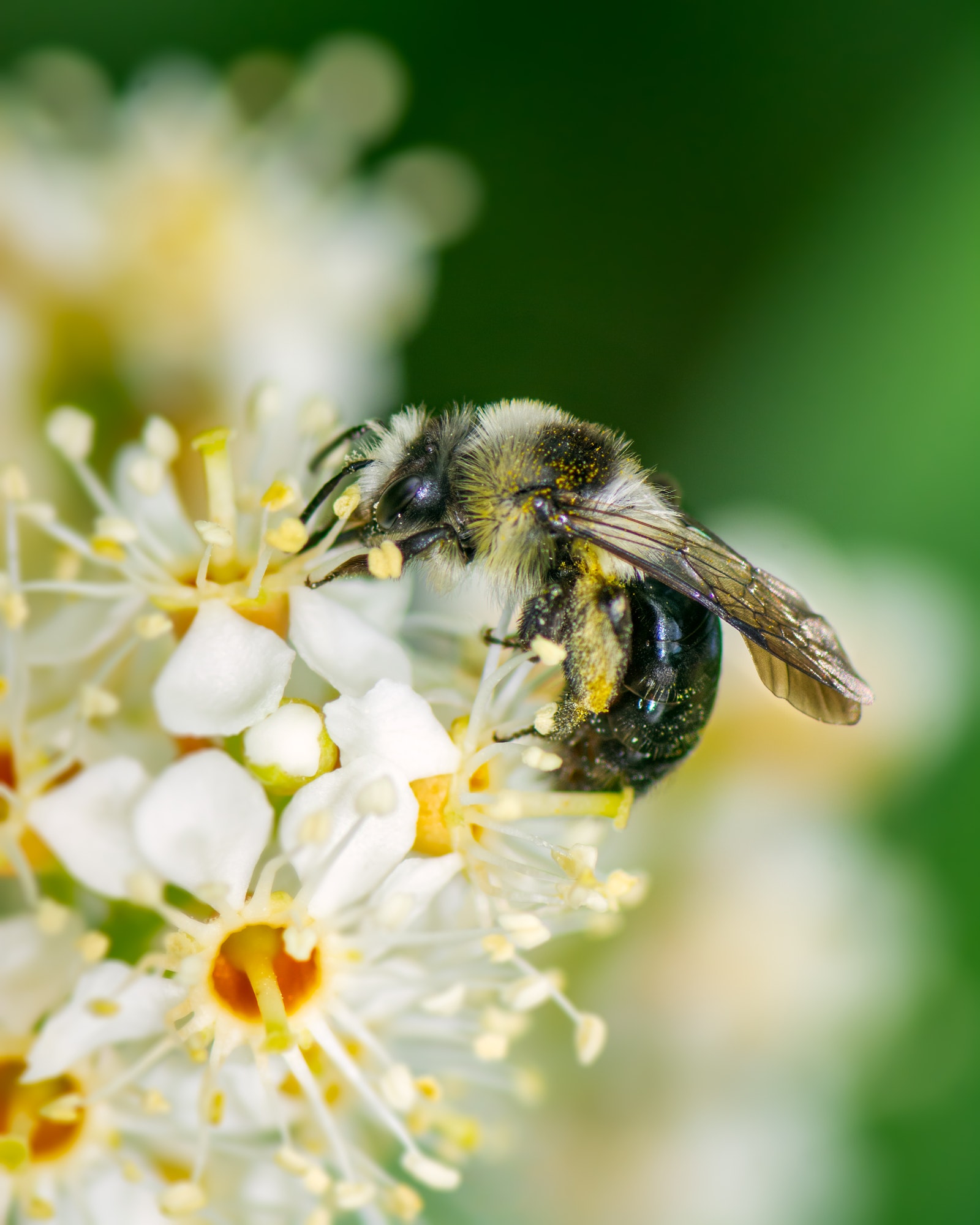
According to the Food and Agriculture Organization of the United Nations (FAO), pollinators promote the production of several seeds, nuts, fruits, and other such valuable resources. They also claim that without pollinators like bees, many ecosystems would lack variety in resources causing them to fail.
Bees not only provide for the small plants and vegetation, but they take care of trees as well. FAO explains, “When enough bees are present in a forest, they provide a better pollination that leads to an improved regeneration of trees and conservation of the forest’s biodiversity.”
Biodiversity measures the stability and age of an ecosystem and without it, species would find it difficult to thrive on limited resources. Preserving the diversity of wildlife and plant life in ecosystems is necessary for basic survival, i.e. food sources. Bees help the maintenance and growth of several plants, flowers, fruits, and other vegetation.
Furthermore, bees aid in the ecosystem’s conservation and evolution through cross-pollination; the act of breeding different plants with different pollens. Cross-pollination promotes biodiversity hence providing a variety of sources for other insects, birds, and animals to flourish off of. This type of pollination also creates a variety of gene pool, ergo stimulating natural selection.
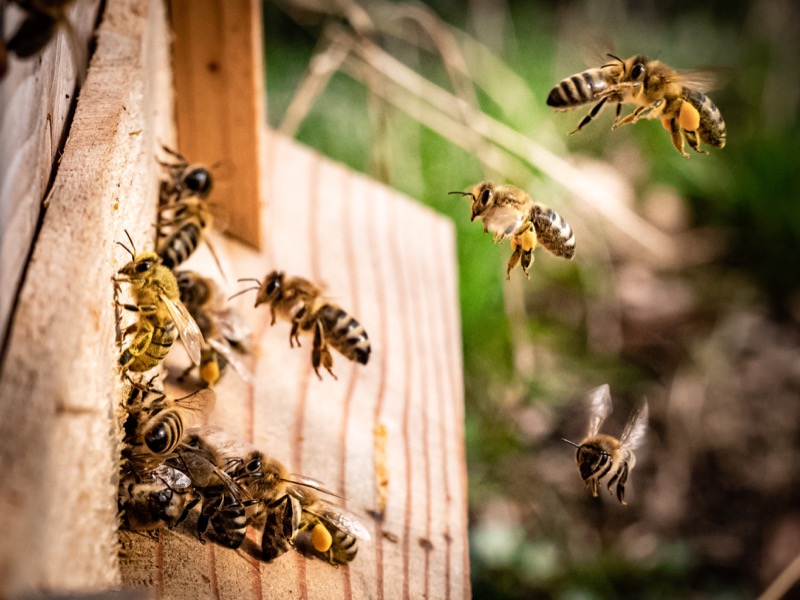
Bees also provide food and shelter for other organisms. “Other animal species are connected with bees: either because they eat the brood or honey, pollen or wax, because they are parasitic to the bees, or simply because they live within the bees’ nest” (FAO)
Without bees, it would be very difficult for other species to continue the basic ecosystem food chain. Moreover, not only do bees provide for plants and other animals, but they are also very beneficial to humans. Farmers have been using bees and their pollination techniques to improve agriculture and the production of natural resources.
Nonetheless, due to bees, we are able to enjoy several fruits and other resources such as apples, coffee, cotton, etc. Without their ability to successfully pollinate, we might not have several food industries we see today.
Thus, bees have improved our environment and ecosystem as well as our society and economy. Even though bees have been proven to be very advantageous, unfortunately, they are in danger. Bees are widely endangered amongst all pollinators. Thus, it should be our responsibility to save one of the most important species in our ecosystem if we want to experience a brighter and healthier future.
